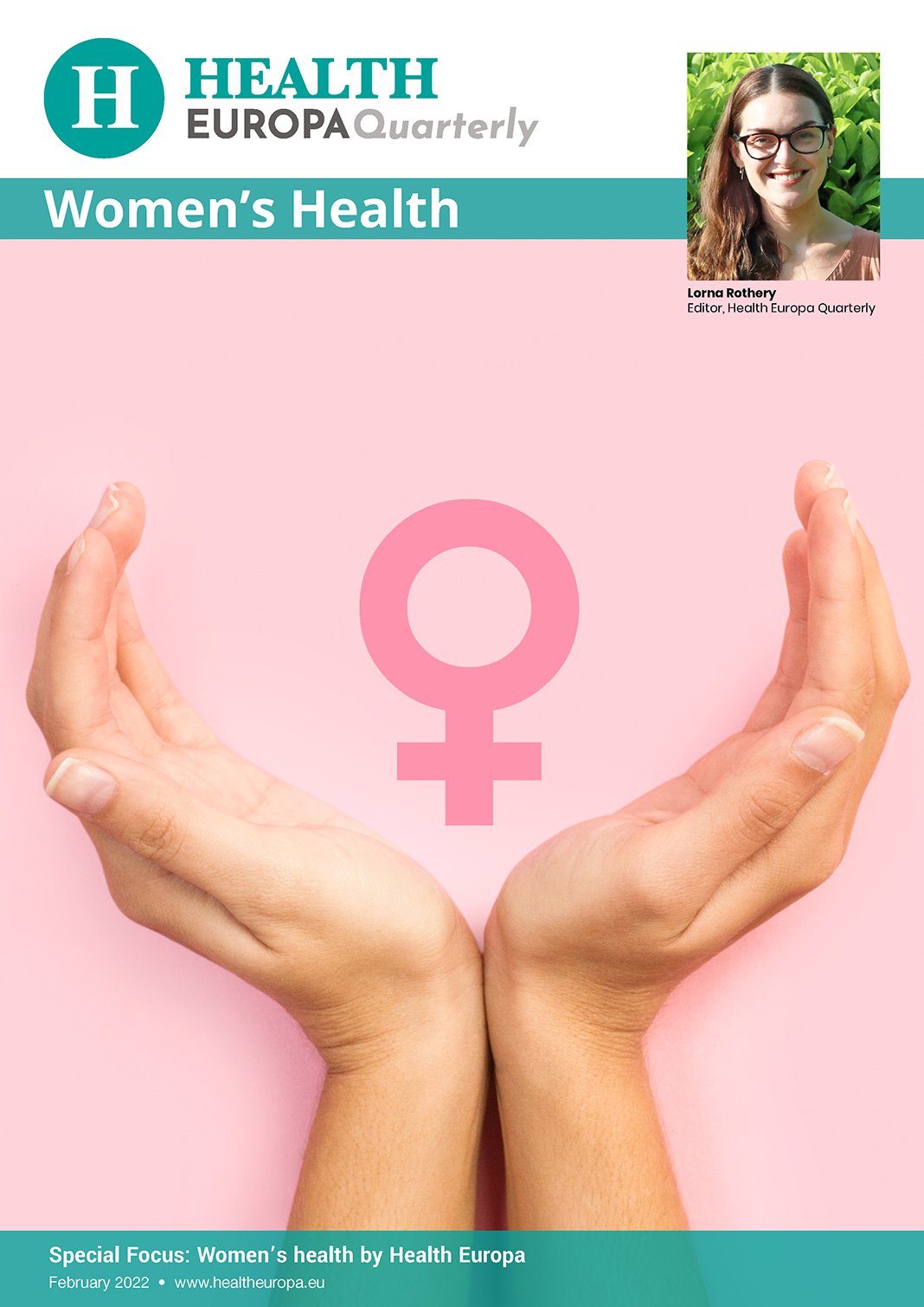Health Europa is delighted to bring to you our Women’s Health eBook, analysing pertinent issues currently facing women in healthcare, covering topics that include osteoporosis, enhancing health services, female representation in clinical trials and much more.
Great strides have been made to overcome the many healthcare challenges that women face, but more improvements can be made. With this in mind, I am pleased to welcome you to this special Women’s Health eBook where we examine a range of topics affecting women’s health and wellbeing.
Osteoporosis is a condition whereby bones become increasingly weaker and are thus more susceptible to breaking. In 2019, an estimated 32 million people over 50 were diagnosed in Europe, with direct costs for incident fractures reaching €36.3 billion. To better understand the scale of the problem across Europe, and the disparities in osteoporosis service provision and uptake, the International Osteoporosis Foundation (IOF) carried out a Scorecard for Osteoporosis in Europe (SCOPE) report. Head over to page 9 for an in-depth commentary on the results by the IOF’s honorary president Professor John A Kanis.
Elsewhere in the publication, we see how Scotland’s Women’s Health Plan is paving the way for improved health and social care services and is addressing inequalities that impact women’s experiences within care. An equally insightful interview with Blandine Mollard of the European Institute for Gender Equality on page 15 reveals the impact that gender has on access to care and the ways in which the pandemic has affected men and women.
Women are often underrepresented in clinical trials, putting them at greater risk of adverse reactions to medication. Health Europa spoke to Dr Shokrollah Elahi who is an associate professor and immunologist at the University of Alberta and carried out a study demonstrating the need to acknowledge sex as a variable in disease response and its treatments. We also hear from researchers at the University of Illinois who have discovered an estrogen compound which could offer many benefits for postmenopausal women.
I hope you find the following pages as informative and interesting as I have in their collation, and should you have any suggestions for topics we should cover please let us know by emailing editor@healtheuropa.com









